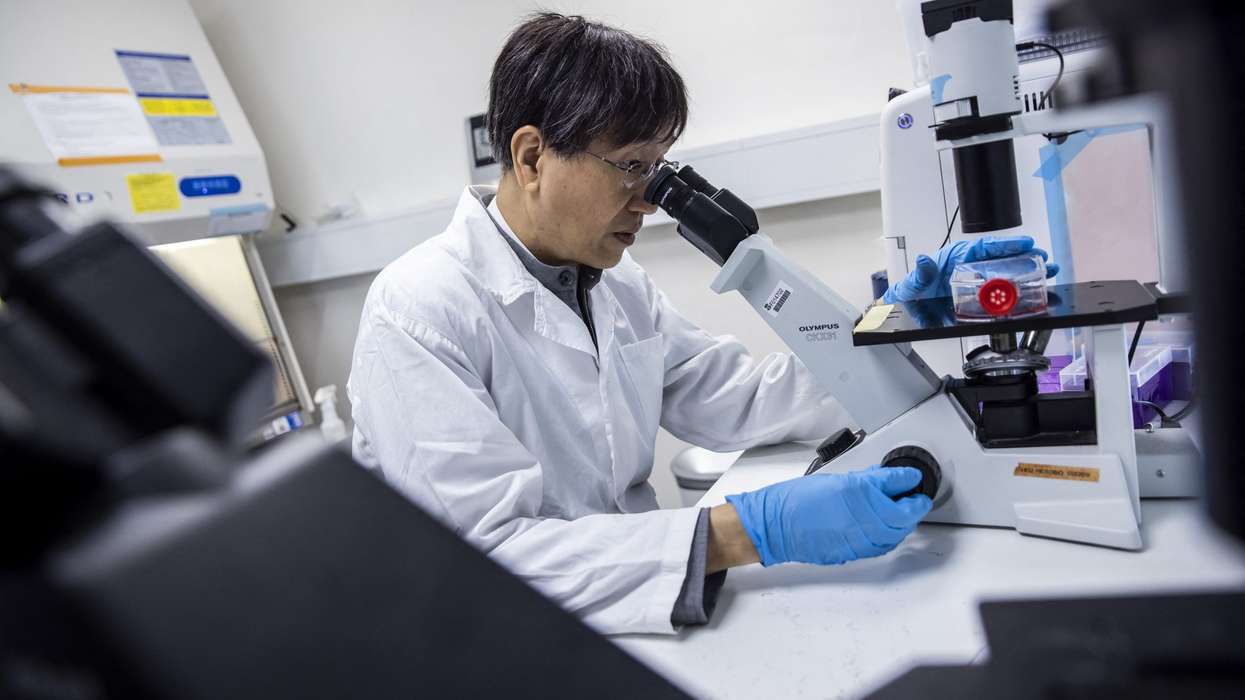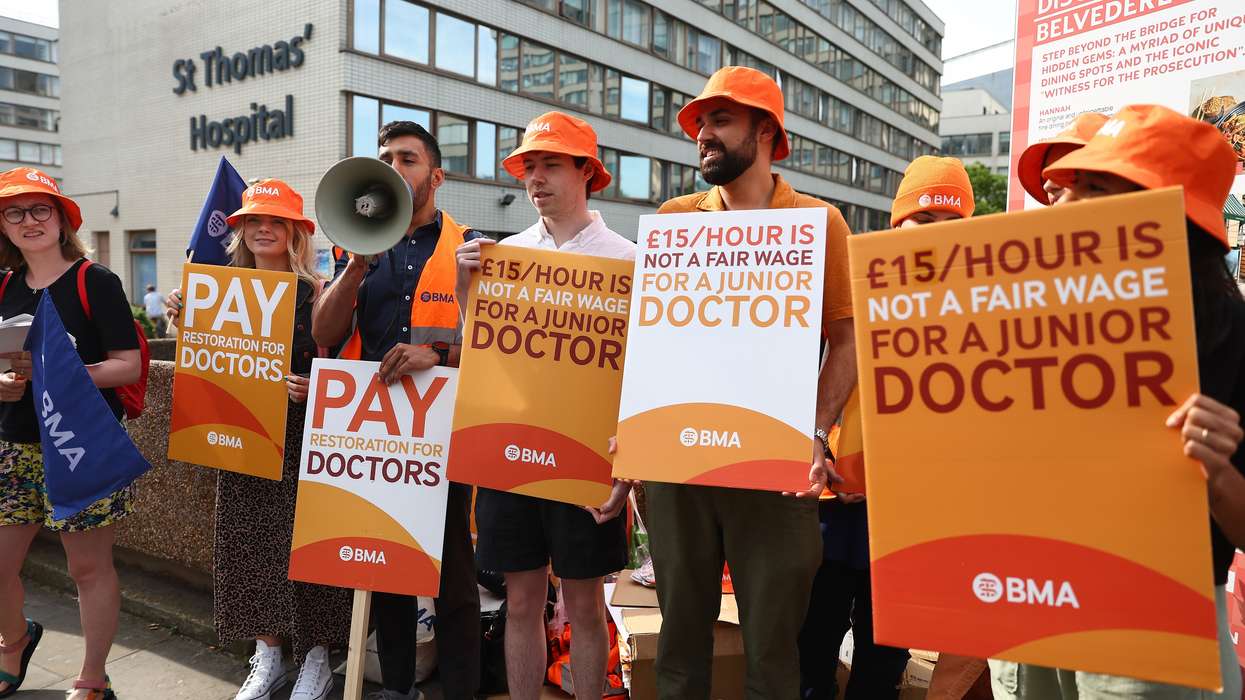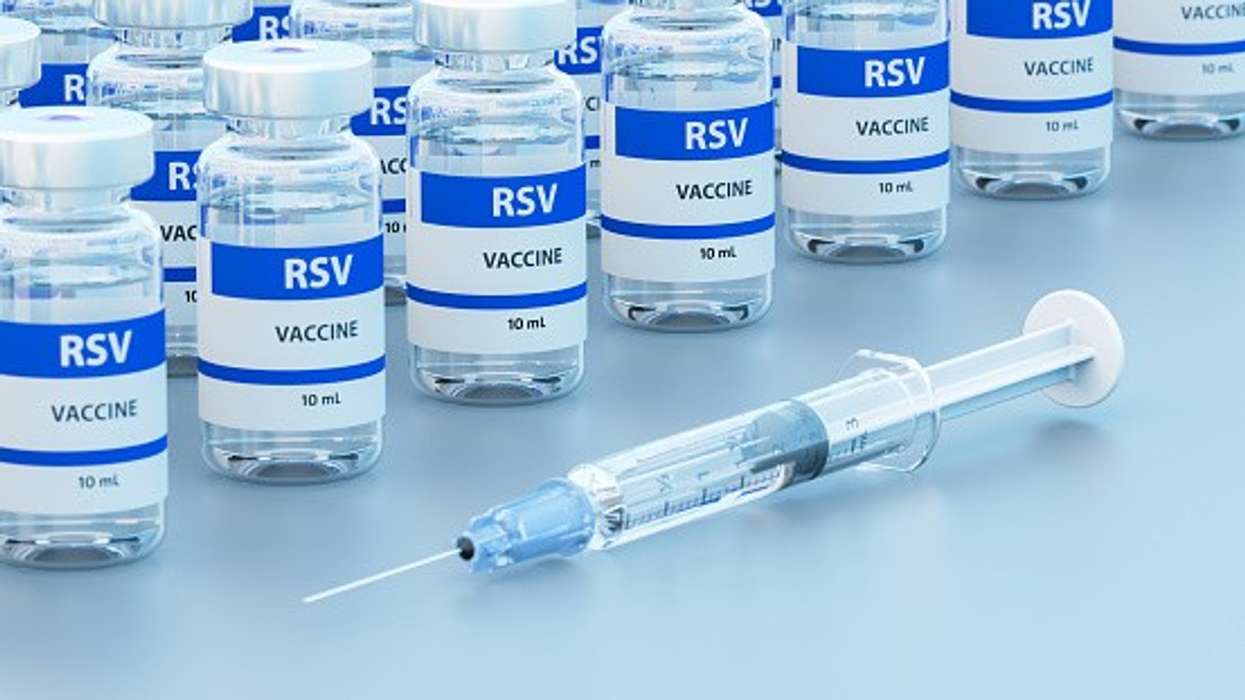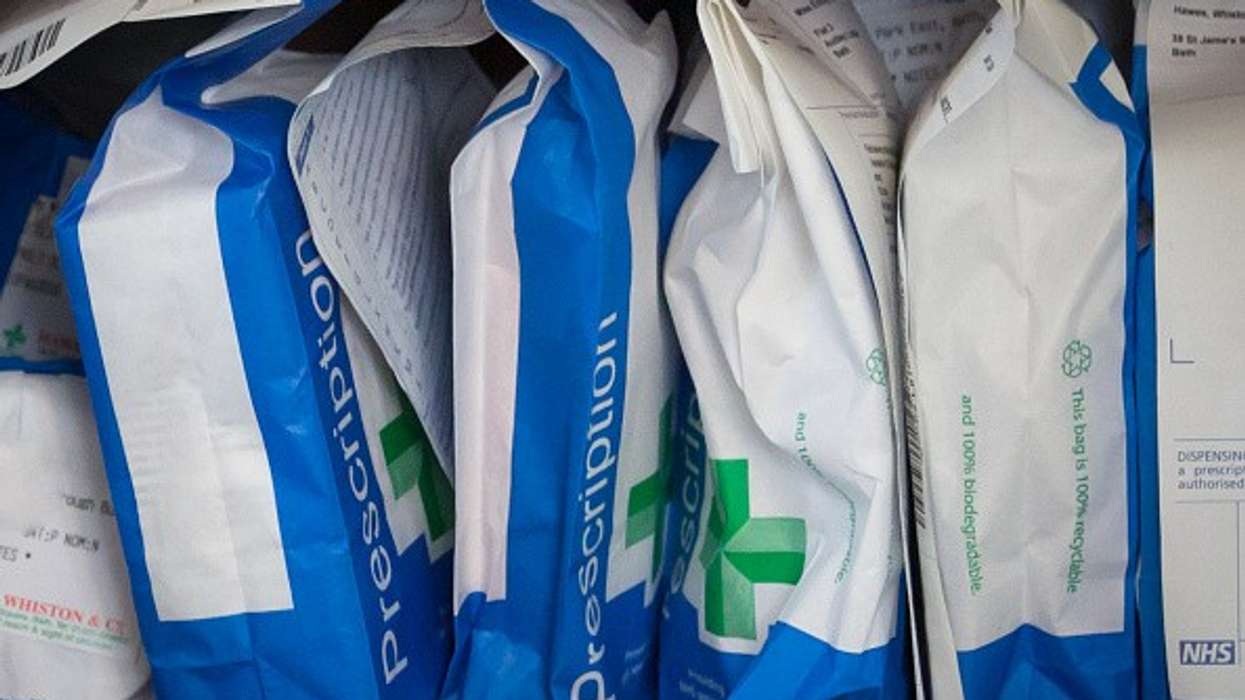The NHS has made major improvements across long waits, urgent and emergency services, and cancer care, latest performance figures published on Thursday (11) have shown.
The number of patients waiting more than 18 months fell to 10,737 by April – down by more than 90 per cent from 124,911 in September 2021 and by more than four-fifths since the start of January when there were 54,882.
Around half of NHS trusts in England have no patients on their elective care waiting lists apart from those who have chosen to wait longer. More than one in five (21%) trusts had completely eliminated 18-month waits.
However, the overall waiting list has risen to over 7.3 million entries in England.
“I promised I would cut NHS waiting lists and we are delivering,” Prime Minister Rishi Sunak said. “Reducing 18-month waits by over 90 per cent is huge progress, and it is testament to the hard work of NHS staff who have achieved this despite one of the busiest winters on record.
“We still have work to do, but backed by record government investment and the ongoing efforts of the NHS, I am confident we will get patients the care they need more quickly.”
Ambulance response rates have improved to their fastest in two years, with average category two response times now at 28.5 minutes and category one at 8 mins.
The 62-day cancer backlog has fallen for the first time since before the pandemic, with those waiting two months or more down from 21,823 at the end of the last financial year (March 2022) to 19,248 at the end of this March (2023). This is down almost 15,000 from a peak of 34,000 in July 2022.
The figure fell by over 900 per week on average through the first three months of 2023, despite urgent suspected cancer referrals continuing to run at record high levels for the last two years.
NHS noted that the progress on the backlog came as the heath service was hit by the most disruptive strike in its history, with around 500,000 hospital appointments postponed since the start of December. Almost 200,000 appointments were affected during just the four days of junior doctor strike action in April, it added.
“The great strides the NHS is making on long waits, urgent and emergency care, and cancer services in the face of incredible pressure is testimony to the hard work, drive and innovation of frontline colleagues,” Amanda Pritchard, NHS chief executive, said.
“There is still much work to be done but these are remarkable achievements given all the NHS has had to contend with – including the twindemic of flu and covid driving record demand that made for the busiest winter in our history.”
Responding to the monthly performance figures, NHS Confederation has called for the urgent publication of the NHS Workforce Plan to provide a long-term solution to the access challenges facing the NHS.
“While the list has not been completely cleared nationally and the overall waiting list has risen, the NHS has done everything it can to recover its services following the pandemic and it will continue to do so,” Rory Deighton, director of the NHS Confederation’s acute network said.
"To support this, health leaders urgently need to see how the government will support the NHS with its workforce deficit as this continues to be the single most disabling limitation for why their hardworking teams can’t deliver even more for their local communities.”











